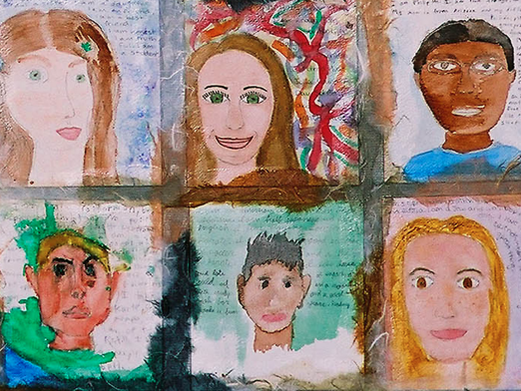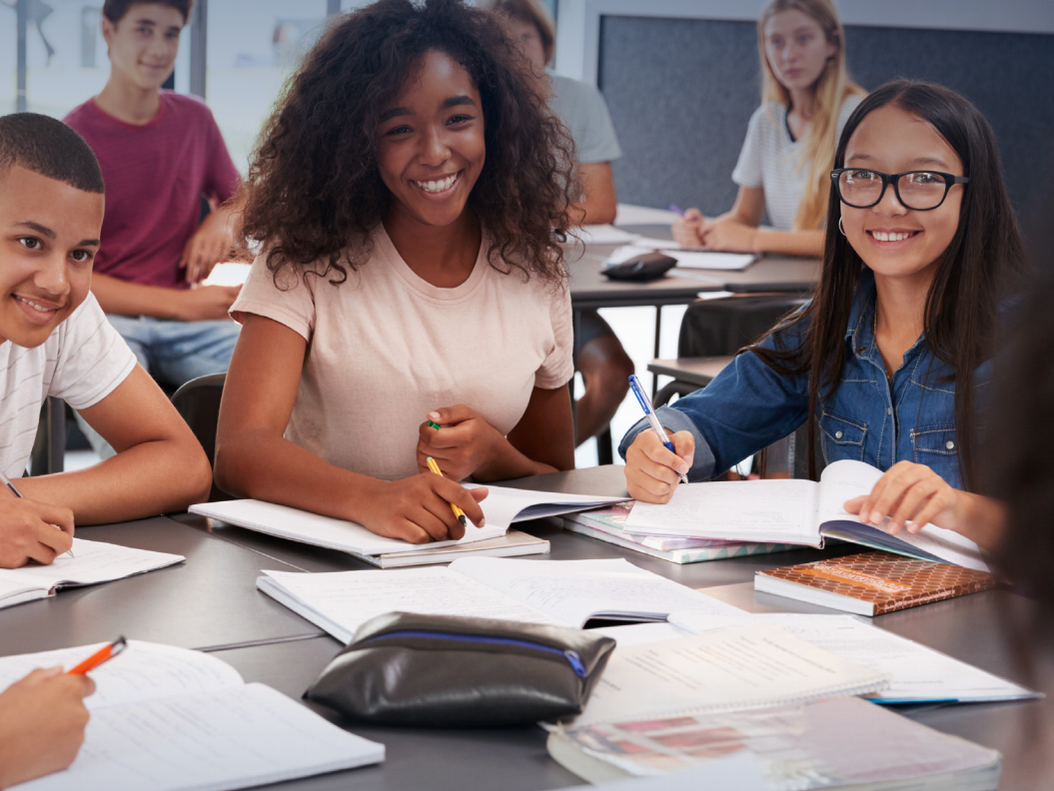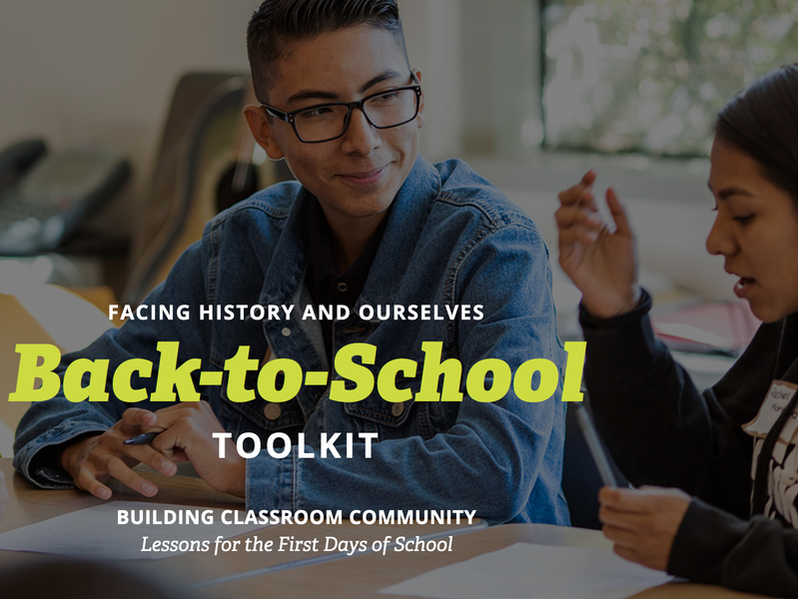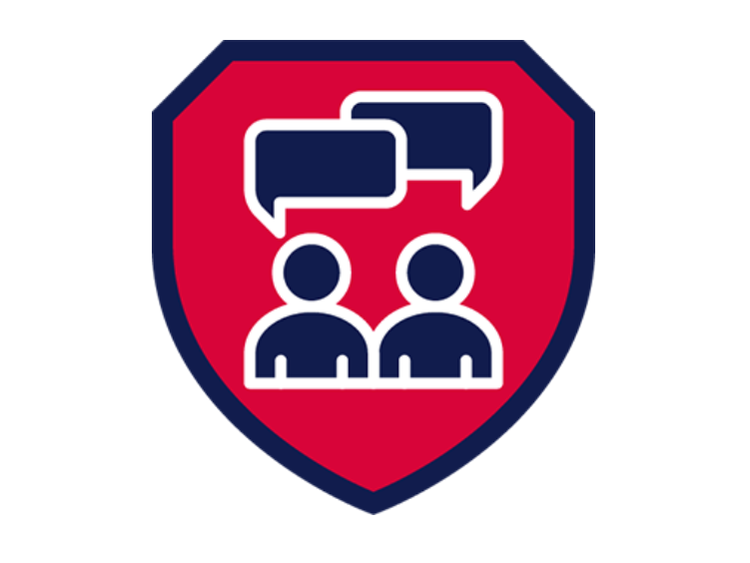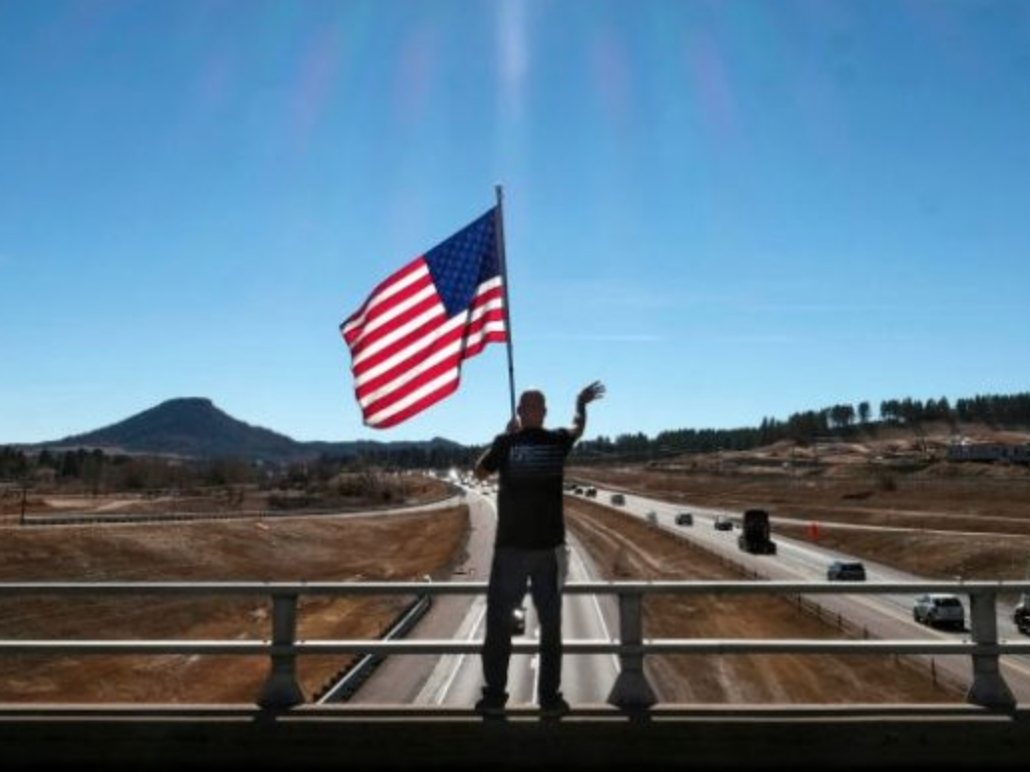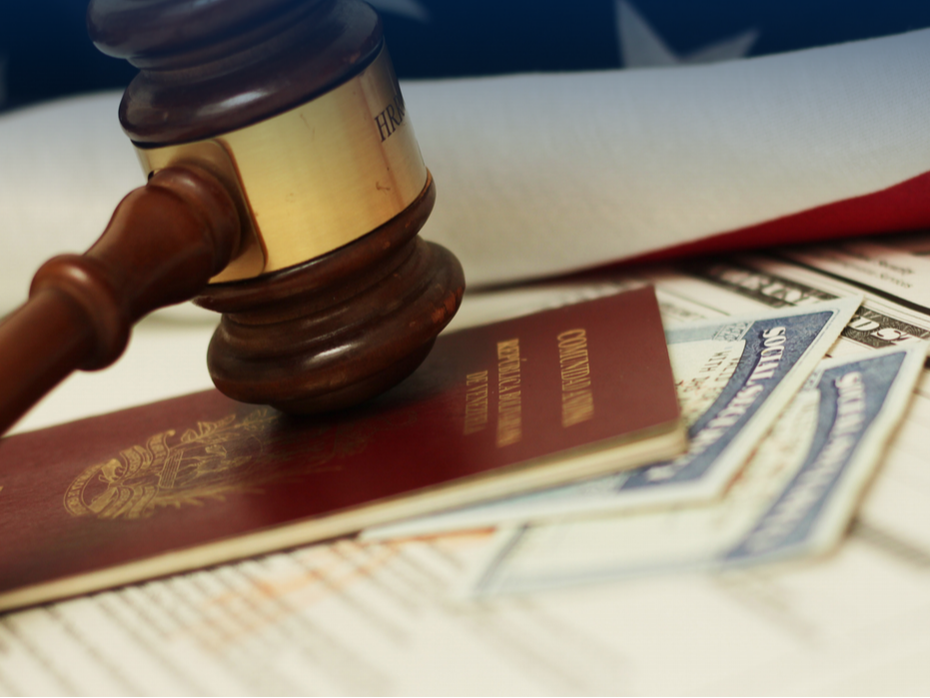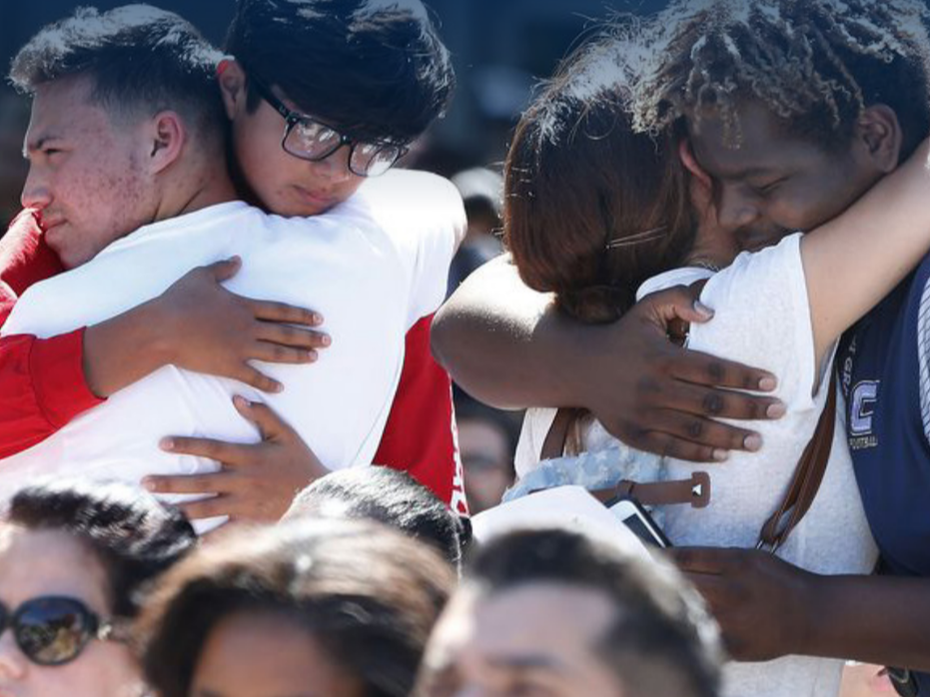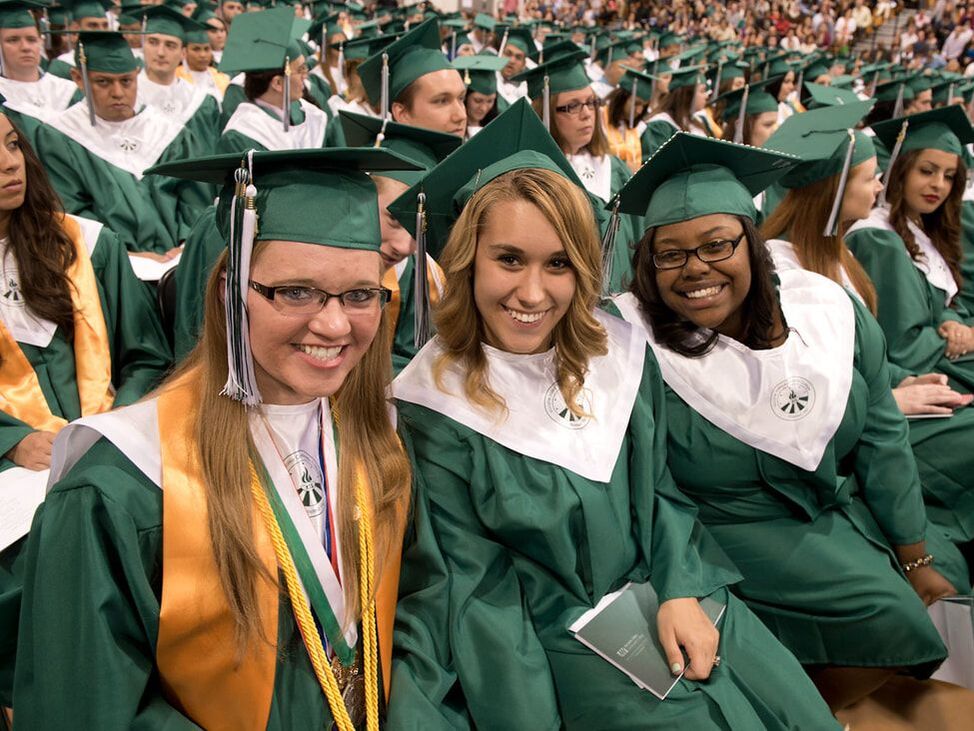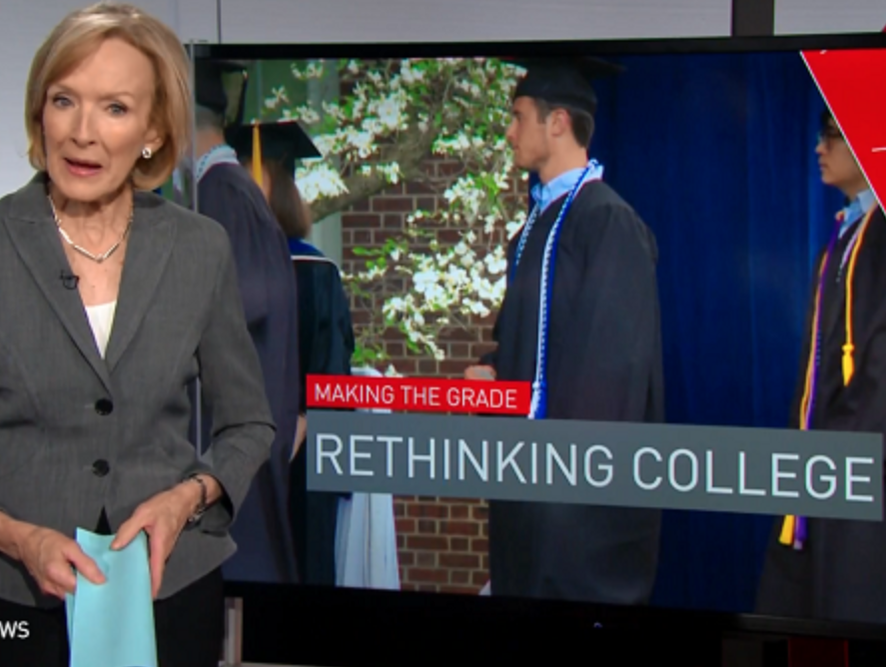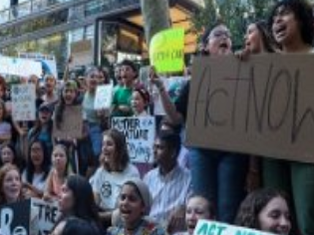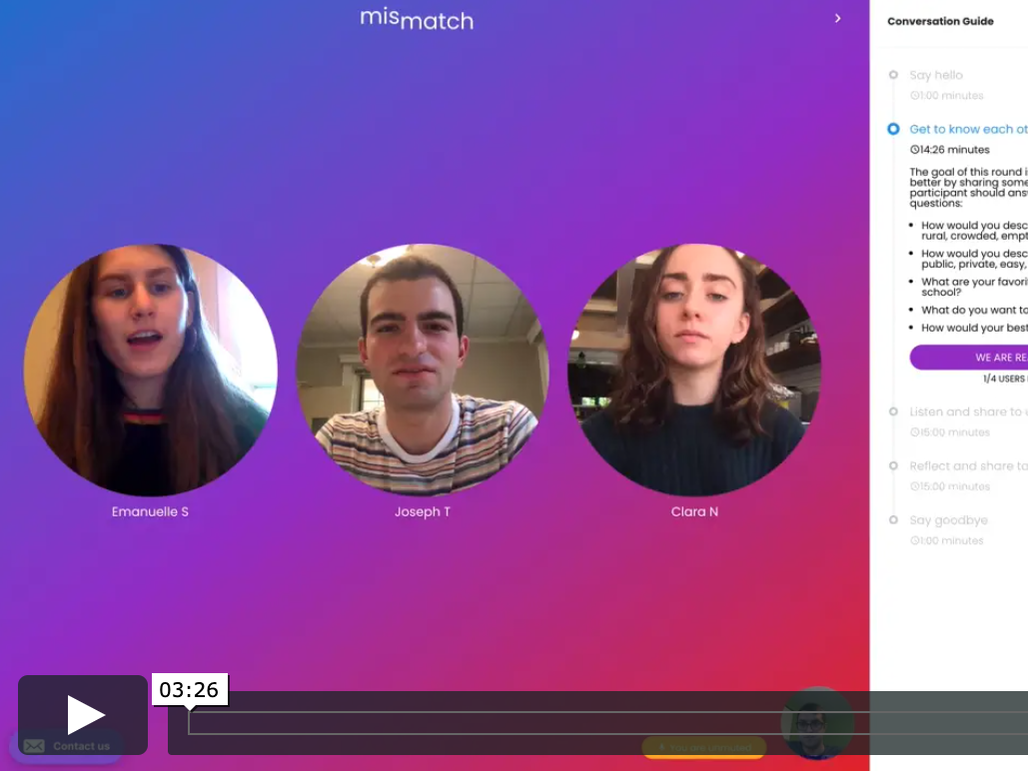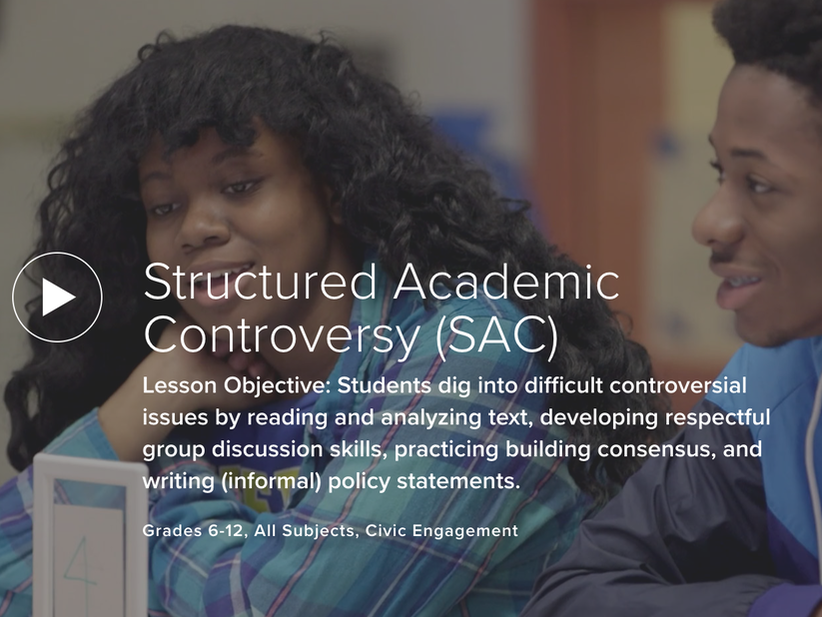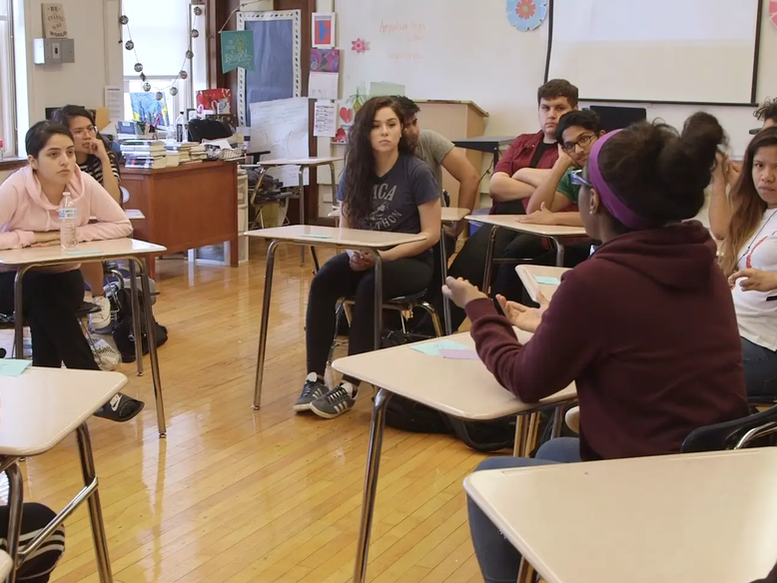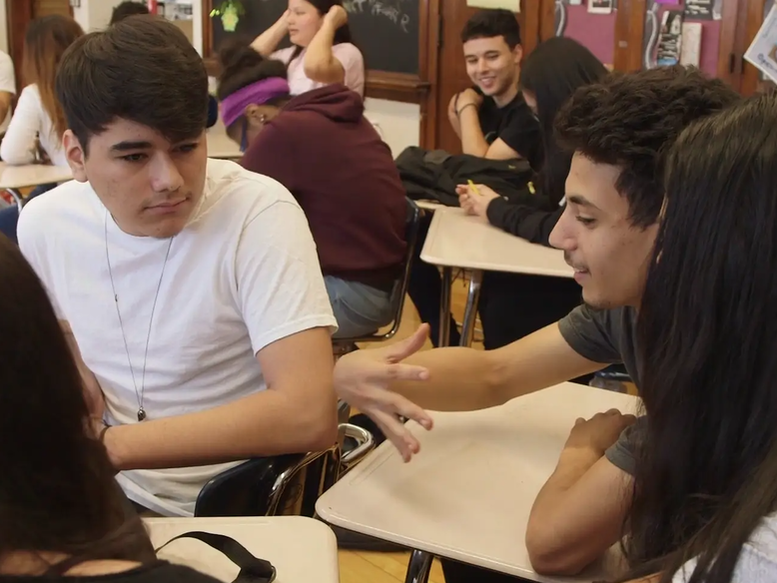Classroom Discussion
RATIONALE & RESEARCH
Creating a climate and structures for meaningful dialogue and debate in the classroom is a vital part of preparing young people for civic participation. This type of education holds the potential to model civic dialogue and enable students to practice engaging in it themselves, as well as to connect government and elections to issues that young people care about in their daily lives.
Research tells us:
Research tells us:
- "Young people are most likely to become civically active when they can connect with issues and movements that are directly relevant to them." ("Getting Young People to Vote: Seven Tips for the Classroom”, 2019)
- "We asked respondents to recall their high school years and to say whether students had a say in how the school was run, whether students could respectfully disagree with teachers, whether students were encouraged to express their own opinions, and whether students felt part of a community where people cared about each other. Scoring higher on these measures slightly predicted voting and registration, more strongly predicted political and campaign knowledge, but was not related to ideology, partisanship or voting consistently with one’s own policy stances." (“What do Young Adults Know about Politics?”, 2013)
- "We argue that it is important to help young people develop the habit of engaging in productive, crosscutting discussions about contentious social issues during their high school years rather than after their political identities become firmly entrenched and closed to alternative perspectives." ("Teaching Controversial Issues in a Time of Polarization”, 2018)
- "Failing to develop the necessary skills for productive discussions of controversial issues can result in serious consequences, including the propensity to avoid politics altogether. Indeed, adult Americans are becoming averse to normal and legitimate political conflict. Because they have this aversion to conflict—and because they lack experience engaging with people with whom they disagree—a growing number of Americans are less likely to participate in the political realm." ("Teaching Controversial Issues in a Time of Polarization”, 2018)
LESSON PLANS & RESOURCES
Preparation & Protocols
Fostering Civil DiscourseThe ideas and tools within this guide, from Facing History, are designed to help prepare your classroom and your students to practice civil discourse, an essential skill for effective civic participation. They cover the following concepts:
1. Start with Yourself, 2. Develop a Reflective Classroom Community. 3. Create a Classroom Contract, 4. Provide Opportunities for Student Reflection, 5. Establish a Safe Space for Sensitive Topics, and 6. Implement Effective Teaching Strategies. Resource Guide |
Building a Classroom Community for DeliberationThis lesson plan from Close Up offers guidance and discussion prompts to to guide your students in developing classroom rules and norms for deliberation.
Lesson plan |
Back to School ToolkitThis one-week unit is designed to help support your teaching in the opening days of a US History course and to develop students' social-emotional skills in order to engage in an open and supportive classroom community. These first class periods are important to establish classroom norms and an inclusive environment where students honor and value differing perspectives, question assumptions, and actively listen to others.
Unit Plan, Lesson Plans |
Building a Virtual CommunityClose Up's Building a Virtual Community helps students work together to identify issues impacting their community and the world at large—issues that they care about and would like to discuss with their class. After identifying these issues, students will collaborate to establish an agreed upon set of rules and norms to help keep their future discussions civil, organized, and productive.
Lesson Plan, MS/HS |
Curriculum Design Toolkit: Current and Societal Issue DiscussionsThis resource compilation, from the team at IllinoisCivics.org, includes materials to help teachers facilitate knowledge grounding for discussion and then planning and facilitating productive student dialogues. It offers sources for content-rich texts as well as discussion strategies and structures and tools for helping students generate their own questions.
Resources, Teacher PD |
60 Minutes of DeliberationUse this Close Up lesson plan to structure students' critical analysis an discussion of any controversial issue.
Lesson plan |
Current and Controversial Issue DiscussionsThis course focuses on understanding the purpose, role, function, and process of using discussion strategies as pedagogical tools to equip young people with the knowledge, dispositions, and skills to be “Guardians of Democracy”.
Teacher PD |
Understanding Values and TensionsBefore engaging students in animated policy debates, use this Close Up Lesson Plan to invite students to reflect on their personal values and explore how these come into tension within consideration of modern political issues.
Lesson Plan |
Controversial Issue DiscussionThis webinar, facilitated by TFDA members and featuring (beginning at 17:30) Paula McAvoy, one of the authors of The Political Classroom: Evidence and Ethics in Democratic Education, explores strategies and resources for structuring discussions of political issues in the classroom.
Teacher PD |
When Discourse Breaks DownDownload the materials from this professional development webinar about strategies for navigating common challenges during class discussions and debates, facilitated by Close Up and shared on the AFT's Share My Lesson platform.
Teacher PD |
How to Get Along with our Political OppositesThis resource, by PBS NewsHour Extra and shared via the AFT's Share My Lesson platform, offers a summary, video, and discussion questions for us to help students explore causes for, repercussions of, and ways to navigate political tensions.
Discussion Guide |
Discussing the Issues
ImmigrationUsing this student-facing resource from Close Up, students consider six proposals for reforming the immigration system, identify the advantages and drawbacks of each, and discuss which proposals they would support or oppose, as well as suggest other ideas for addressing the issue.
Student Guide, HS, Virtual |
Gun Violence in SchoolsWith this student-facing resource from Close Up, students examine five proposals to make schools safer and reduce gun violence, and determine how enforceable, just, and effective each proposal may be. They then discuss which proposals they would favor, change, or reject, and suggest other proposals for enhancing school safety.
Student Guide, HS, Virtual |
Climate ChangeThis Close Up student guide leads students in evaluating six proposals that the United States could incorporate into its energy and environmental policies, considering the pros and cons of each proposal, and determining which options they would be most likely to support.
Student Guide, HS, Virtual |
Opioid CrisisWith this Close Up student-facing resource, students will explore the background of the opioid crisis, examine actions promised by the Trump administration, and weigh the pros and cons of the paths forward. Then they'll consider which level of government should be responsible for combating the opioid crisis, and outline their own policy prescriptions.
Student Guide, HS, Virtual |
Legalization of MarijuanaUse this fact sheet and reflection or discussion questions from Close Up to help students understand the news, statistics, and arguments around legalizing marijuana in the US.
Discussion Guide |
Free CollegeUse this fact sheet and reflection or discussion questions from Close Up to help students understand the news, statistics, and arguments around making public college free in the US.
Discussion Guide |
Student Loan RepaymentUse this summary, video, and set of discussion questions about an experiment in Maine to retain their state population by repaying residents' student loans (created by PBS NewsHour Extra and shared on the AFT's Share My Lesson platform) to provoke a conversation among students on the implications of student debt and strategies for tackling it.
Discussion Guide |
Medicare for AllUsing this student-facing resource from Close Up, students consider whether the government should establish a Medicare for All approach to healthcare and discuss whether the government should play a role in providing healthcare in the United States.
Student Guide, HS, Virtual |
Direct Links to Current Events
Current Issues BlogClose Up's Current Issues Blog helps teachers connect news stories to their classrooms and students, easily and in real time. The blog is updated weekly with links to classroom-ready news items, relevant context, and suggested discussion questions for teachers.
Articles, Discussion Guides |
Current Events: Democracy and Civic EngagementThis resource from Facing History compiles Teaching Ideas, teacher webinars, blog posts, and other resources created in real-time to address current events related to democracy and civic engagement.
Unit Plans, Lesson Plans, Teacher PD, Reference |
Facing TodayStay tuned to Facing History's blog, Facing Today, for timely coverage of current events and an exploration of issues and perspectives at the heart of Facing History's work.
Articles |
Connecting Across CommunitiesThe Close Up Conversation Series is an online program that pairs students from your classroom with students in classrooms with different geographic, demographic, and ideological profiles, encouraging them to build understanding and empathy for different viewpoints. All curricular materials—including lesson plans, in-class activities, and teacher guides—are provided, allowing you to easily and thoroughly prepare your students for meaningful dialogue.
Program, MS/HS, Virtual |
STORIES
Structured Academic ControversyThis video, from Chicago Public Schools and CERG, guides viewers in examining and witnessing the protocol of Structured Academic Controversy as a method to help students dig into controversial topics in the classroom. Within the procedure, students read and analyze text, develop respectful group discussion skills, practice building consensus, and write (informal) policy statements.
|
Student-Centered Civic Discussion and DeliberationThis video, produced by Chicago Public Schools and CERG, focuses on the importance and elements of student-centered civic discussion and deliberation in classrooms and schools. Also watch one high school English teacher lead her students through a deliberation approach called the "co-pilot" strategy.
|
